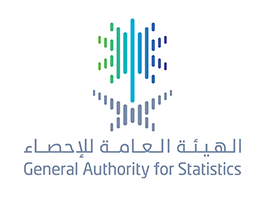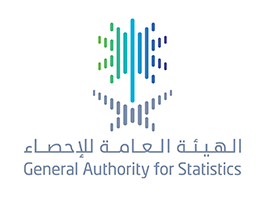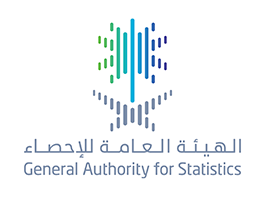Official government website of the Government of the Kingdom of Saudi Arabia
Links to official Saudi websites end withgov.sa
All links to official websites of government agencies in the Kingdom ofSaudi Arabia end with .gov.sa
Government websites use theHTTPSprotocol for encryption and security.
Secure websites in the Kingdom of Saudi Arabia use the HTTPS protocolfor encryption.

GASTAT: Saudi Unemployment Rate Decreases to 9.7% in Q2 of 2022
29-09-2022

رئيس الهيئة العامة للإحصاء يهنئ القيادة باليوم الوطني الـ 92
22-09-2022

GASTAT: Non-Oil Merchandise Exports in Saudi Arabia Increase by26.4 % in July 2022
21-09-2022
GASTAT: Industrial Production Index Increases by 17.7% in July 2022
12-09-2022

GASTAT: Saudi Unemployment Rate Decreases to 9.7% in Q2 of 2022
29-09-2022

رئيس الهيئة العامة للإحصاء يهنئ القيادة باليوم الوطني الـ 92
22-09-2022

GASTAT: Non-Oil Merchandise Exports in Saudi Arabia Increase by26.4 % in July 2022
21-09-2022
GASTAT: Industrial Production Index Increases by 17.7% in July 2022
12-09-2022